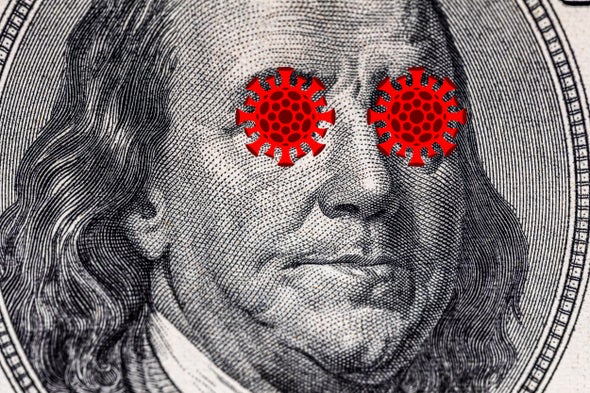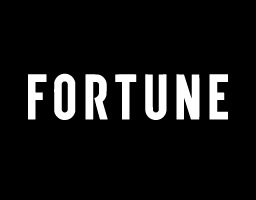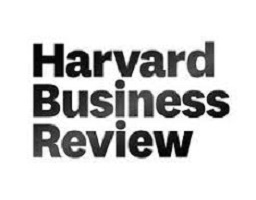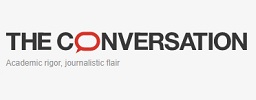
Financial incentives can be a factor in pandemic policy decisions—albeit frequently at a subconscious and unintentional level.
During the COVID-19 pandemic, leaders face difficult decisions that involve trade-offs between economic outcomes and public safety. These conflicts of interest can impact decisions related to closures, quarantines, lockdowns, social distancing, and mask-wearing. However, many decision-makers claim that they are not influenced by financial incentives. The problem with this claim is that conflicts of interest can operate without our awareness and can bias our decisions, even against our best intentions. Research has repeatedly shown that conflicts of interest can influence decision-makers unconsciously. Without external accountability, decision-makers are likely to fall prey to their biases, which can create tensions and potentially harm the public.
You can read my full article in Scientific American.





